|
by Luv Mehta When HBO started the TV show adaptation of Game Of Thrones, they did so with the expectation that George R. R. Martin would, in all probability, finish his books in the time it took for them to catch up. Which is hilarious, since if there's anything GRRM is infamous for (other than his food descriptions, gratuitous violence and relentless subversive tactics) it's his indifference towards deadlines. So we've had five seasons of high quality television come and go, and David Benioff and D. B. Weiss have been left on their own to make further seasons, with a few inputs from GRRM on the major plot points. So, what do we say when the first original season in Game Of Thrones turned out to be of such mixed quality? Let's be honest here, the majority of this season has been little more than average. Game Of Thrones is about political intrigue, about decisions and their long-term consequences, of a morally ambiguous world with realistic mechanics (for a world where dragons and magic exist, anyway) and most of this seasons has decided to skip out on each and every one of those. Let’s take a few of the characters and their arcs and see how they progressed through this season. Jon SnowWe did know Jon was going to come back, and we did know he wasn't going to come back happy. But to leave the wall, ignoring everything he ever stood for, forgetting everything he's seen north of the wall, and abandoning the watch to recapture Winterfell? It comes way the fuck outta nowhere, with little buildup or exploration of consequence - especially now that the Wall's dropped off by the show after three episodes. And then there’s the buildup to the battle, as well as the battle itself. Here’s the thing, charging into a battle head-on because he followed his emotions and wanted to save his kid brother seems perfectly in keeping with his character, sure, but his overall arc in season six has been of reclaiming his identity and helping his family, while still rallying the North to the upcoming battle of the Long Night - which is fine, except he wasn't really the one doing the rallying, was he? It was all done on Sansa's behest, and even Davos proved to be more successful at convincing a house than he did. The overall direction of the sixth season hasn't been to prove that Jon Snow is a worthy ruler - that was Sansa's arc, with her ambition and her relentless drive to win finally taking her character to some amazing places. So when Jon's suddenly crowned King In The North and Sansa watches happily from the side, it has to raise more than a few eyebrows, doesn't it? Forget about him being a bastard, why would the North follow someone untested by every mettle known to them, someone who they've never even properly known, except maybe in stories about his tenure as Lord Commander? Is the North this desperate for a leader? Isn’t the only battle they’ve potentially seen him in the one he bungled by running into the field, forcing his army to follow into the trap? It seems like the show simply wanted Jon to become King in the North, somehow, and skipped some steps along their way. Unfortunately, he’s not the only such character this season. Arya StarkHas there ever been a bigger waste of a multi-season long buildup? Simplifying the religious Faceless Men to mere mercenaries is such a massive waste of potential and motivation that her whole Many-Faced God storyline essentially comes off as being only about one thing - keeping her separated from the story till her time’s come. Yes, Braavos has basically been the equivalent of a long siesta interrupted by an alarm clock that says, “Yep, time for you to buzz off to Westeros.” Otherwise, what was the point of her tenure in the House of Bland and Shite? All she knows is some extra swordsmanship and the ability to fight in the dark, jump around with a bleeding stomach, and run away with some stolen faces. Jaqen H'ghar may crack a knowing smile as Arya denies him and reclaims her identity, but is that reaction even about? Was this somehow his plan all along, having her disobey him and leave the church of assassins for hire after killing one of his best ones? Or does he have a proclivity towards smiling like a jackass whenever it makes him look cool and mysterious? My biggest pet peeve, though, come from Arya's scene in the last episode. With some of the most amazing work delivered by a child actress on the show, Arya's become a fast favourite, but we always knew that despite her potential, the show wouldn't take the easy route by giving her instant battle skills. But now, in a scene that was as awesome as it was massively baffling, Arya gloats about cutting Freys and carving them into meat slices and then baking them into pies and serving them to Walder before she kills him. Where did this psychopathic sadism come from? You don't go from killing pederasts out of a sense of vengeance, or from killing fucking Terminators because they would have made you poison an innocent woman, to goddamn Dexter. Hell, every part of that scene betrayed a Dexter influence, from her gloating to the focus on her euphoria and pleasure as she kills fertile Argus Filch. Is this it now, have we taken a sudden leap into Ramsay territory with her? And if so, where’s this sudden leap in her characterization shown? (For book readers, this is doubly infuriating, since it's a repurposing of the Manderley storyline with little congruency to Arya's own character). Daenerys TargaryenDaenerys' plotline is similarly rushed through. The entire point of her staying behind in Mereen was to try and a queen to the poor and downtrodden, and realize how that was harder than being a conqueror and how she had to get better at it. Then Drogon whisked her away to the Dothraki. And the end result of the sequence? She burns down the khalasar in a sequence retreading her very first big moment of the story, and all the Dothraki suddenly follow her without question. She conveniently finds her dragon around a hill to have another rousing speech - when will the writers realize that the trademark trope of Daenerys' fiery speech has been used and abused too much for it to matter any more? But bruuuh, we need a Hollywood-worthy spectacle, don’t we? So she comes back to the invasion, burns ships, and despite the fact that the city was invaded and half destroyed, suddenly everything's okay and peaceful? And none of the other masters will ever come back, even with the knowledge that Daenerys has decided being queen of Mereen is no longer fun and is moving on to Westeros? How does any of this fit in with what Game Of Thrones has always been about? Tyrion LannisterWhen we left him last, it was as defacto stand-in king of Mereen, using his smarts to control the city. The result? He makes a deal with the slavers anyone with half a brain could see would never work (he offers them a period of using slaves, then they have to leave slavery forever, with no incentive to do so - why would they even do that?). The one success he's managed is to use propaganda in the name of the queen, and even that is because he's lucky the red priestesses believe in Daenerys enough to want to do so. Where is the smart Hand of the King we saw in season 2? But, of course, the show needs Tyrion to stand by Daenerys in the upcoming war, so all is forgiven, he gets away with some slight admonishing and is declared the Hand of the Queen. Yes, on paper, it's an incredible moment for him, finally being treated with respect and being given the hope that he's part of something greater now, but was there proper buildup to anything other than his diplomatic tactics failing? You could make the case for him unfamiliar with Mereen and its politics, but, again, from what we've seen of his brilliant turn as Hand of the King in season 2, the Tyrion there would never make such a harebrained plan to appease the Masters, without any benefit for them. DorneFine, Dorne’s not a character, but it’s not a single city either (unlike what the show’s creators simplified and changed and babyfied the whole kingdom into). The giant zit on the face of Season 5, and home to the Sand Snakes who dashed the good image Oberyn singlehandedly built up for the audience, it's one place viewers always groan on seeing on the opening map credits nowadays. To the credit of season six, they do minimize their screen space to a huge extent. Nevertheless, when one of their two scenes involves killing off the Martell name in response to Oberyn's death, there's something very wrong with these bunch of murderous idiots and how they’re written. Seriously though, the Martells are dead, assassinated by the ruler's younger brother's paramour. How exactly does this have no consequences, no revolts or dissent? And by the time Olenna apparates to Dorne, Ellaria is the ruler and everyone's totally cool with it, which is why she can pledge all her ships and armies to Daenerys. Nice. Not all of it is bad, though, since we have… Sansa StarkThe breakout character of season six, every single moment of weakness and annoyance and gross exploitation finally led way to an insanely strong character, manipulating people and raising armies to reclaim her home and kill her tormentor. The brief glimpse we got of the character at the end of season four has returned in full force, and she’s done with everyone’s shit, being wary of Littlefinger even as she uses his armies to her gain, using Jon’s sense of responsibility to get him on his side and use his supporters by proxy, relentlessly doing everything she can to make sure she gets back Winterfell. So when she doesn’t want to rule it in the end, it feels kinda disappointing. It seems like the entirety of this season was hell bent on advancing her as a relentless, brutal and cunning character and a worthy entrant to the game of thrones, so having that potential suddenly jettisoned is strange. Cersei LannisterThe other incredible character of this season, as perfectly hateable as she’s admirable, as cunning and magnificent as she’s short sighted and prone to rage. She’s as strong as she’s in over her head, as brilliant as she is deranged. And she’s singlehandedly responsible for the best sustained sequence the show has ever given us. What’s fantastic about her gambit, though, is that at the end of the day, she didn’t win because she was smarter than Margaery (RIP), who was intelligent enough to turn being a victim of imprisonment into a restored queen using the faith to establish power. Margaery would have seen through the smartest plan Cersei could make - so Cersei made an unpredictable one, with much worse long-term consequences, that would still ensure she wiped out every person who ever tried to take away her own power. The Faith, the Tyrells, Kevan - all people she needs now, more than ever, with Daenerys crossing the Narrow Sea, ready to take away her throne, are all dead, burned away by her vengeful madness - which, incidentally, is an amazing parallel to the legend of the Mad King. The history of Westeros is a cycle of violence and insanity, and with Cersei as the Queen now, we've come full circle. There’s still that matter of how she’s able to crown herself queen so quickly, though, with Tommen dead and pretty much everyone with half a brain bound to know that she’s responsible for blowing up a huge portion of the city. How do the gold cloaks and the noblemen swear fealty to her this quickly? It’s understandable that they need to get Cersei crowned to get those thematic parallels ready as soon as possible, but can’t we get a single establishing scene of her at least convincing/bullying everyone into accepting her, instead of feeling like we’ve skipped necessary parts of the story? We’re seeing a pattern throughout most of these character arcs, though. All the major movement only starts happening in the last two episodes, and the story rushes towards the climax at the end by skipping over entire story beats. Which wouldn’t be a problem for any other show, but this is the series that showed all the ways a hero’s journey could go wrong, before killing off the protagonist as a result of his own actions in the first season itself. And was there anything of consequence in the first eight episodes? We met Lyanna Mormont, rightful Queen of the North, but that’s just a character introduction. The Hound was revealed to have survived, and then he took revenge against some stray soldiers and was accepted into the Brotherhood without Banners before disappearing completely. Jamie met the Blackfish and took over Riverrun for the Freys, but even that felt like an extended detour for his character (like in the fourth book). In fact, the only thing that was of proper, far-reaching consequence in the early eight episodes was of the Three-Eyed Raven, Summer and Hodor dying. And that’s the thing. The final two episodes are genuinely great, even with the logical leaps they had to take, and they’re filled with amazing scenes - and all of it is concentrated at the very end. The eight episodes that came before were just biding their time, setting the table with as little fuss as possible, saving their best lines and their best moments for a strong finale, which backfired, leaving them with a majority of the season with very little effort put in, and where the writing suffers as a result - and a small part where they have to hurriedly set the table for the next one. We’ve entered a new age of television, one where binge-watching is getting more and more popular, and television shows are content to spread their content around and be patient with the buildup. How far can you push important moments to the end, though? How much can you concentrate on having only buildup, with no payoffs for, in the case of Game Of Thrones, almost eight hours? Having buildup isn’t inherently bad, however, as long as the setup scenes are interesting. Did the show accomplish that this year? I'd say no. Even in its earlier seasons' worst moments, Game Of Thrones has always been consistently great throughout. We don't need excessively grandiose scenes peppered throughout the 10 episodes of a single season, but the quality of dialogue and the relentless brutal fairness of the situations always came through. Has it been perfect before? Of course not, we can look to Sansa's rape and Shireen's burning as clear examples of its egregious attempts at shock value. But we can at least argue, with the benefit of hindsight, that these plot turns did ultimately matter. Not with the case of Ramsay, as brilliant in the battle of episode 9 as he's boring and detrimental to the story in every other episode. Yes, we’re not quite done with the character examinations yet. Ramsay BoltonWhen GRRM said he wanted to keep complex characters with shades of grey instead of simplistic shades, it did sound very good, but as we’ve seen for the longest time, that’s clearly not the case. Sure, we've got plenty of complex characters, but we've also got plenty of absolute simplistic monsters with no complexity to them other than utter villainy - the prime examples being Joffrey, long dead before he could actively hurt the story, and Ramsay, who stayed long enough to ruin storylines for a cheap shock. Pure evil is no more interesting than pure good, and a lot of grimdark story writers keep mistaking depravity for complexity. Ramsay was one of the darkest, most depraved characters we'd ever seen, perfectly psychotic, a true monster, and we kept on hoping he'd get his just desserts, while knowing the world of ice and fire wasn't so merciful. And yet, as time went on, a sense of repetition set in, as most of his scenes were either pointless filler shown in the name of shock value, or actively harmful scenes that hurt the plot immensely - like how Sansa's evolution post-Eyrie was cut short to have her be an abused pawn again. And season 6 was no better. Despite how fast characters seem to zip across the Narrow Sea, Osha and Rickon were caught despite having all the time in the world (read: three whole seasons) to escape the North, and that whole strand of plot was unceremoniously trashed, with Osha killed off in a single scene. Even Ramsay's gambit to take over Winterfell as the Lord of the North involved further needless cruelty, feeding his stepmother and her baby to ravenous hounds. We'd gone far past the point of time where his acts of evil felt dangerous and fresh, and while the show decided to finally let him be a magnificent bastard in a new setting, it came all the way in episode 9, with the Battle of the Bastards. Which, again, was amazing, but at what cost to the rest of the episodes? Here's the thing - despite all my complaints, I do love this show a lot. It's one of the gutsiest shows I've ever seen, with some of the most memorable characters of all time, and some of the most brilliant scenes I've ever had the pleasure to watch. But with this season, I'm not so sure about the future Benioff and Weiss will take, especially because the last two books by Martin haven't really been all that good. Here's hoping it gets better for the next two seasons. Because, really, it always feels better to like something than to hate it.
Follow us on Facebook and Instagram to be notified whenever we release new articles.
Do you use an RSS reader? Even better!
0 Comments
Leave a Reply. |
Categories
All
Archives
December 2022
|
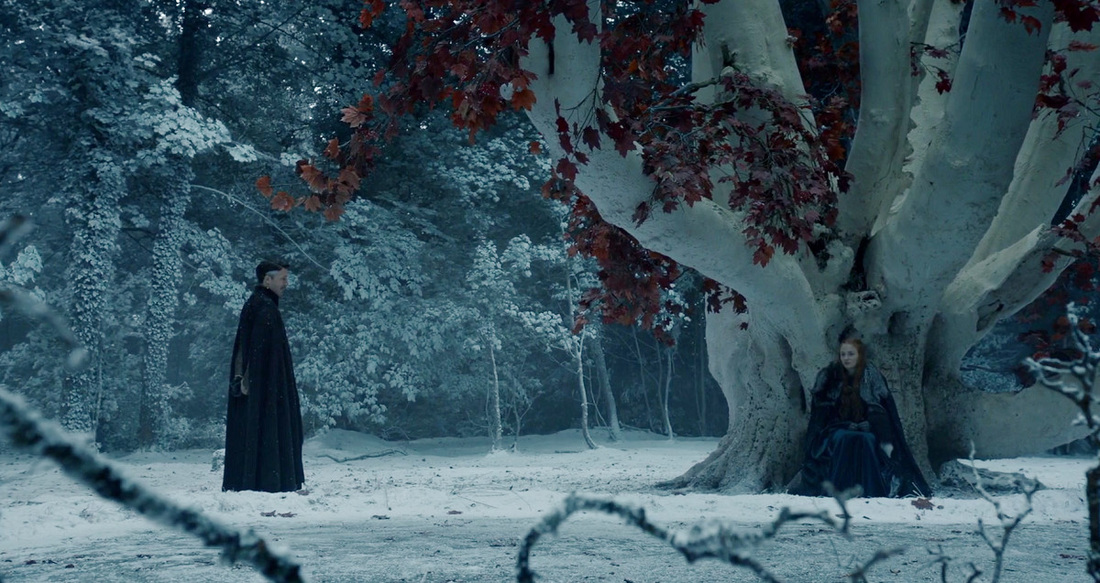
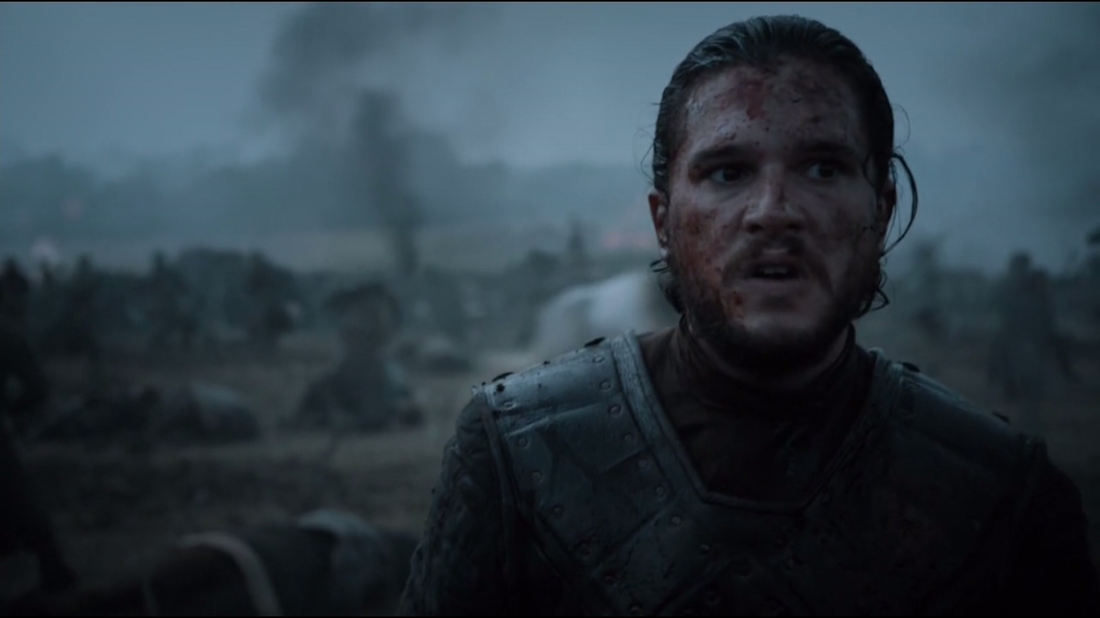
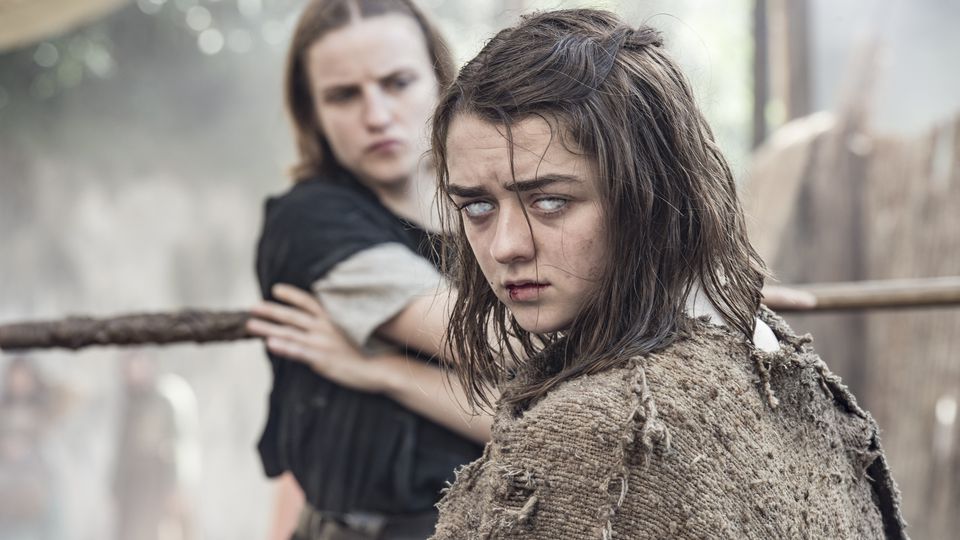
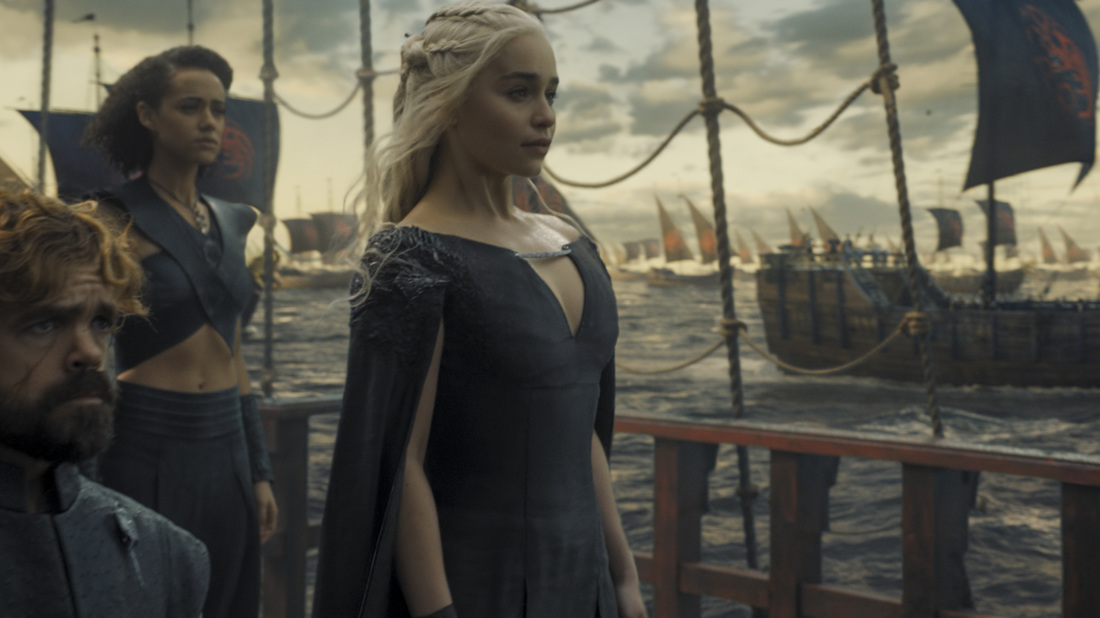
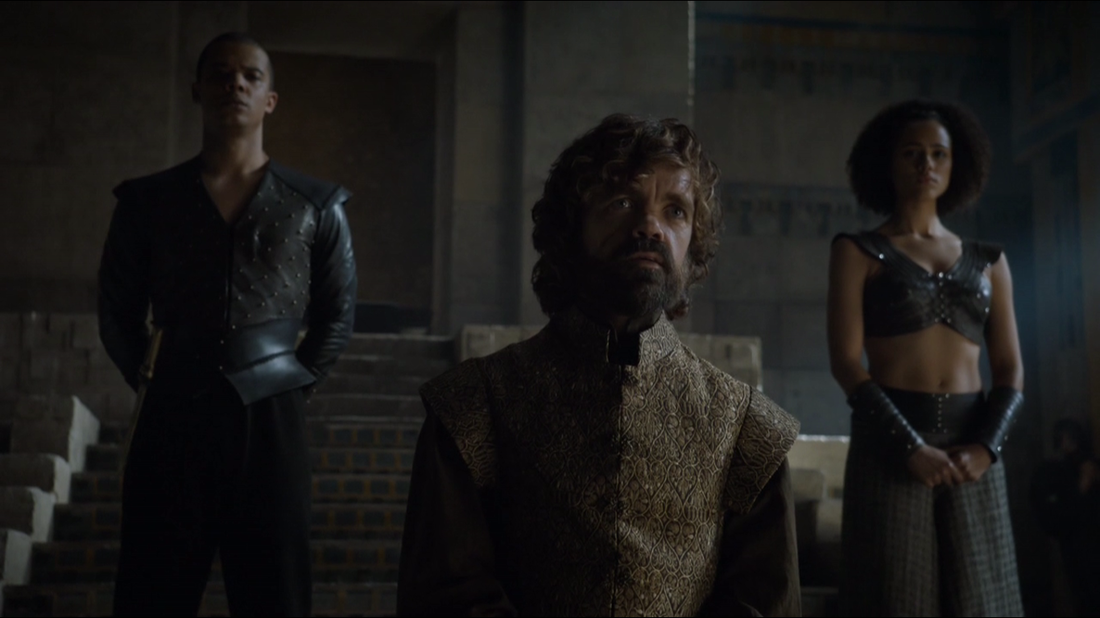
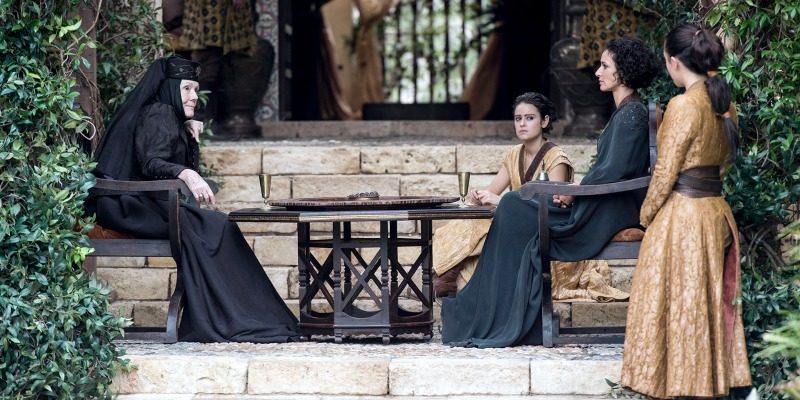
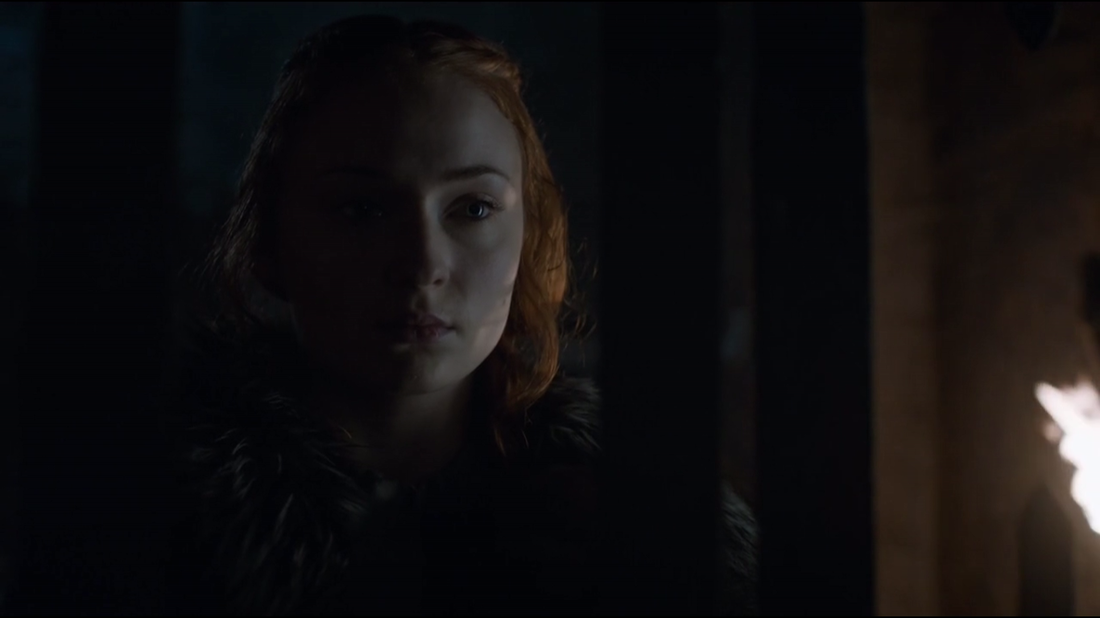
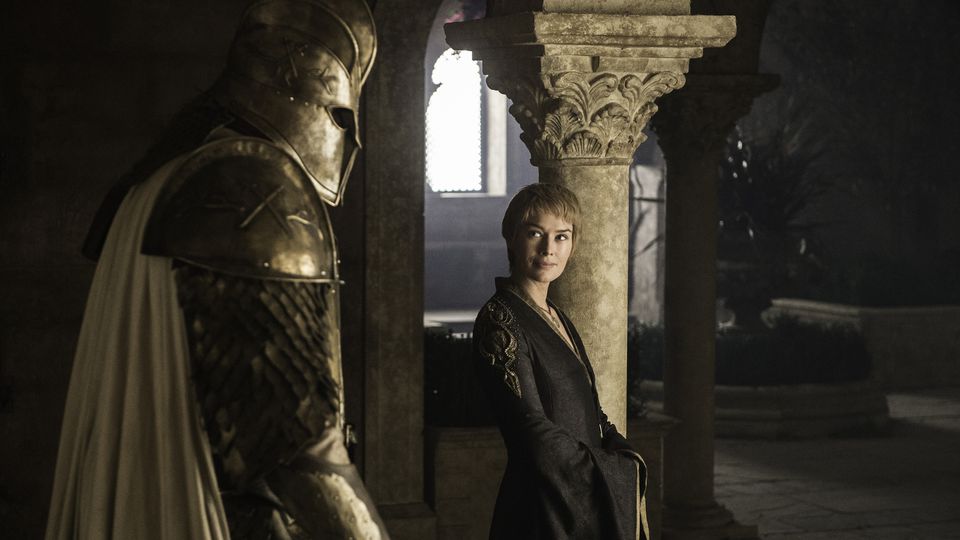
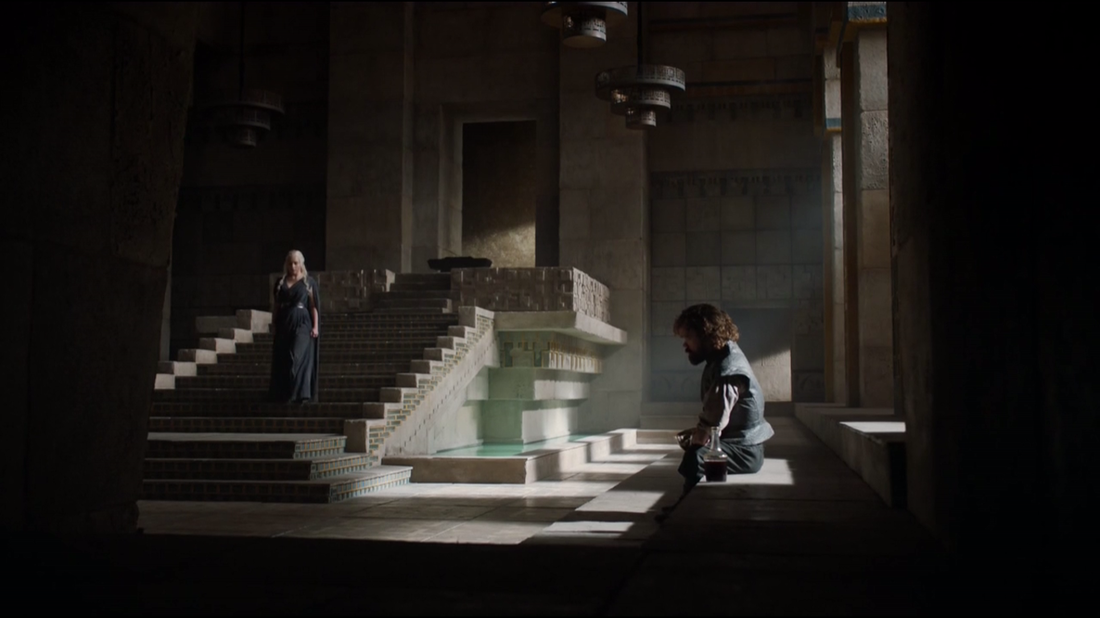
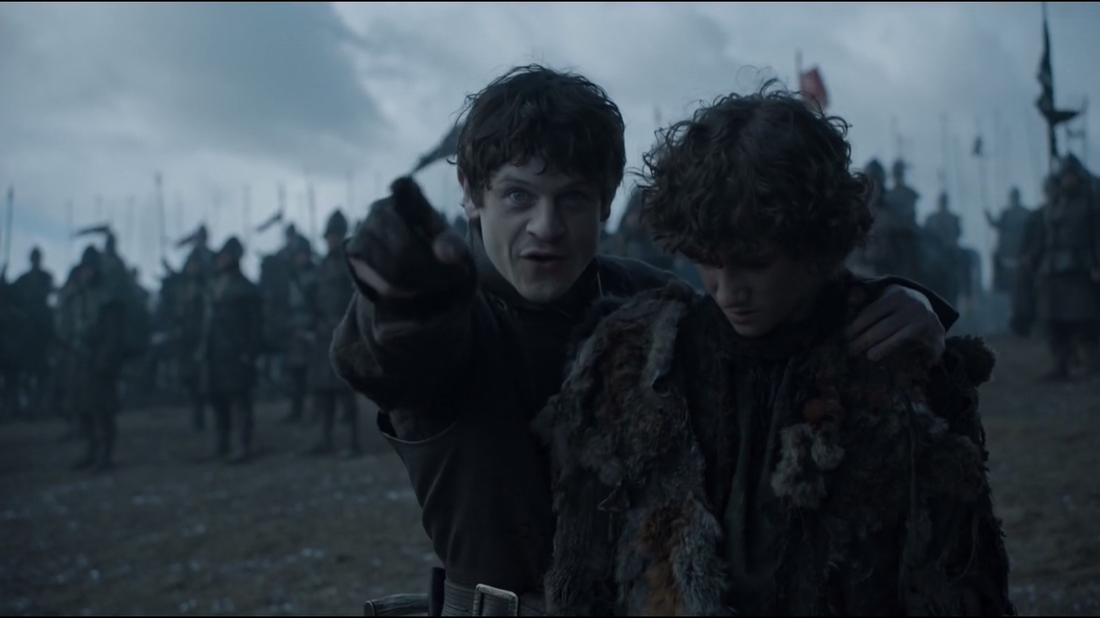
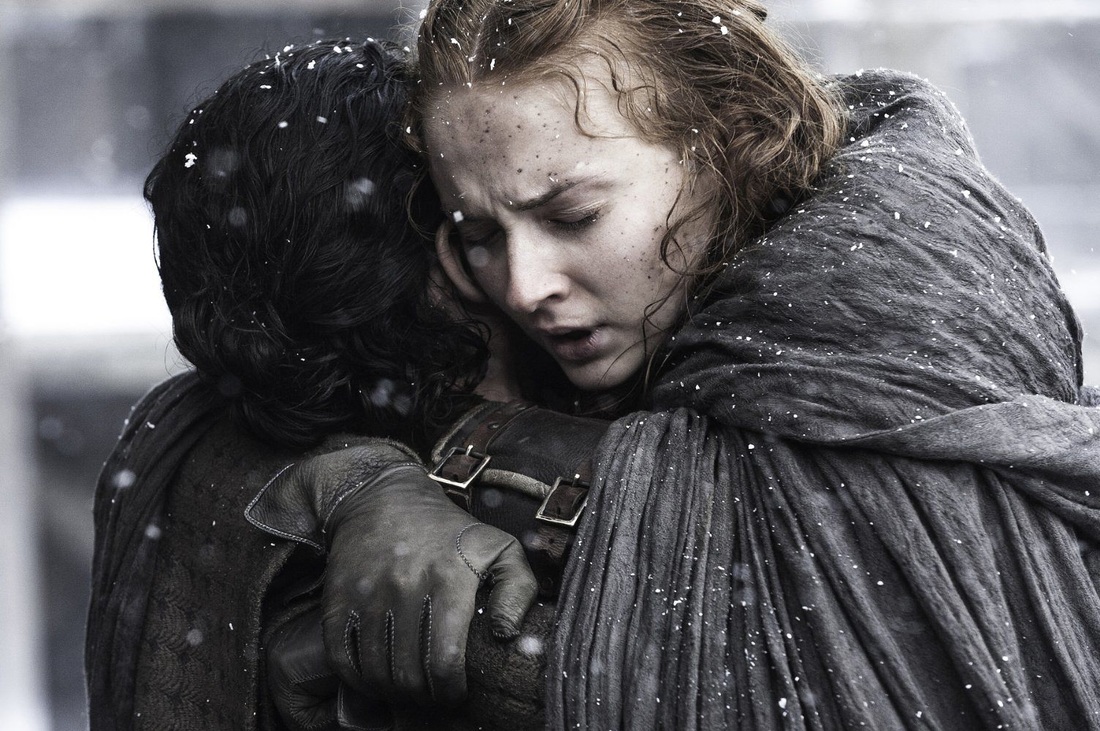
 RSS Feed
RSS Feed
